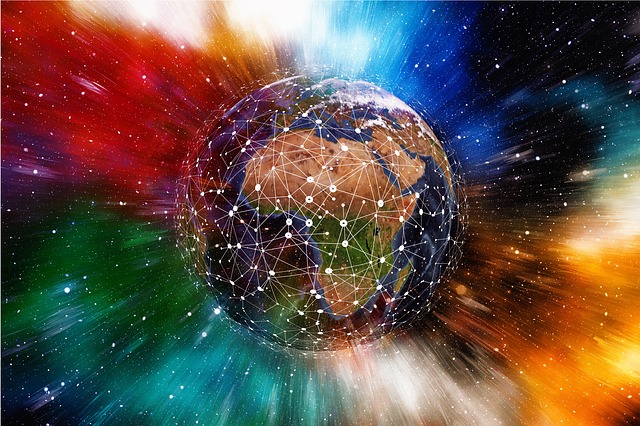Since 2020, the inflation has risen around the globe, initiated by a global pandemic imposing new safety measures, new restrictions on the circulation of goods and services and a global economic situation around the globe.
The global economy has dramatically transformed due to the COP 26 agenda imposing a deep transformation of the markets such as the development of green solutions and reduction of environment footprint.
Energy markets and its main actors after facing difficult times, have changed their business model and started to consider new business opportunities on commodities markets, such as coal, bauxite, gaz, etc...
The logistic companies were transforming their business model, to respond to the growing digital economy imposing the need to include "the last mile distribution services" and advanced automated internal logistic services around the globe.
Meanwhile the digital economy was trying to keep up with the growing demand around the globe for more electronics components, batteries and power supply capacity required in the new normal environment.
Many countries are concerned aout their ability to maintain the local economy to the same level as before the COVID-19 global pandemic and are currently considering to impose new rules and regulations on how the production of energy will meet the local markets needs and how the production of foods and volumes of commodities will cover the futur needs.
2023 means the need for companies to re-think the economical performance of their business model and the obligation to improve the company performance, by improving the net margin and work on the complexity of the overall operations within the new stagflation era.
Many business should then start to re-think their "make local or buy" strategy by product line and review their offshoring strategy and consider more stable countries and more business friendly cities.
Even if the inflation can be seen as a good way to sweep companies old debits from the previous deflation period. This upcoming inflation will certainly affect and slowdown the global economy.
key decisions such as Make or buy, Offshoring vs Smart-shoring, Operational cost optimisation, business digitalisation and automation will prevail to be successful in this new Industry 4.0 era.
In any market, performance always matter !




